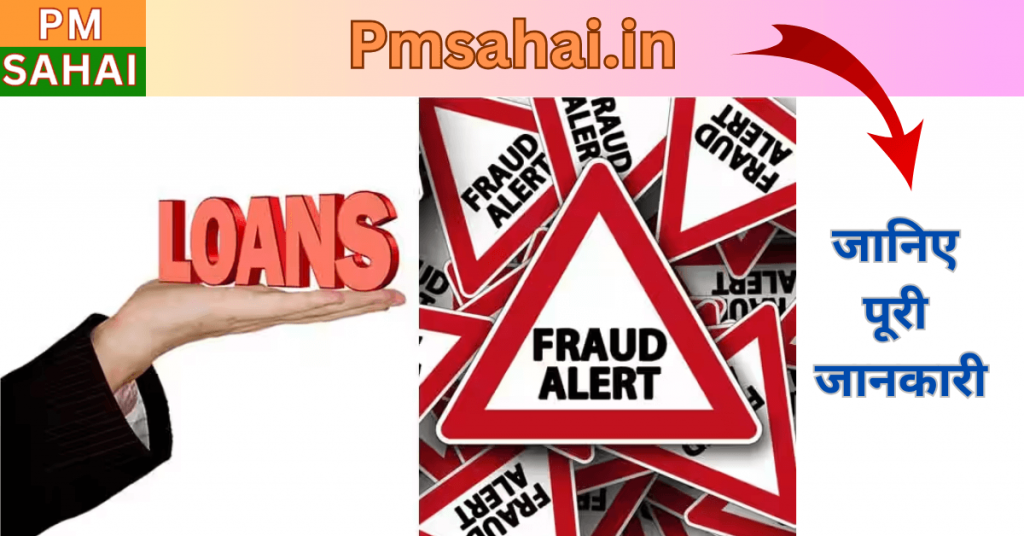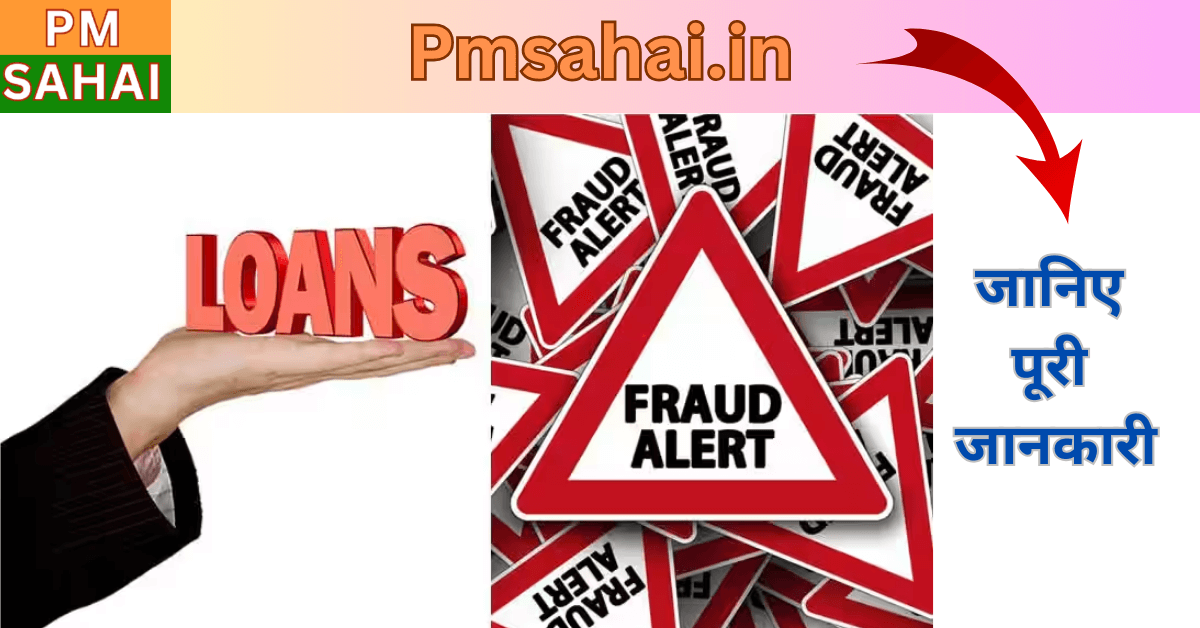Beware of Loan Scams 2025: In Today’s Digital world, Getting a Loan seems easier than ever. With just a few clicks, You can apply for a loan and Receive Funds within hours. But this convenience also attracts scammers who prey on people in urgent need of Money. Loan scams have become alarmingly common, and falling victim can cost you Thousands—or worse, your identity.
Here’s how to spot, Avoid, and report loan scams so you can protect yourself and your finances.
What Is a Loan Scam?
A loan scam occurs when a fake lender offers a loan but has no intention of providing funds. Instead, they Trick victims into paying “fees” upfront or steal personal and financial information to commit identity theft.

Red Flags of a Loan Scam
Watch out for these common signs of fraudulent lenders:
1. Upfront Fees
Legitimate lenders never ask for payment before giving you a loan. Scammers often demand processing fees, insurance costs, or taxes before releasing funds.
2. Guaranteed Approval
Scammers often say you’re “100% approved” regardless of your credit history. Real lenders always check your credit and financial background before approving a loan.
3. No Physical Address or License
Fake lenders might not have a valid business address or proper licensing. Always verify a lender’s credentials with your local financial authority.
4. Pressure to Act Quickly
Urgency is a Red flag. Scammers push you to act fast before you can think things through or investigate.
5. Unprofessional Communication
Watch for poor grammar, generic greetings, or untraceable email addresses. These often indicate a scam operation.

How to Protect Yourself
✅ Research the Lender
Check for reviews, complaints, or fraud reports online. Verify their registration with your country’s financial regulatory agency.
✅ Never Pay Upfront
A real lender deducts fees from your loan amount or includes them in the repayment plan—never before approval.
✅ Use Secure Websites
Make sure the lender’s website uses HTTPS encryption. Avoid sharing sensitive information on unsecured or unfamiliar sites.
✅ Trust Your Gut
If something feels off or too good to be true, walk away. It’s better to miss a deal than fall for a scam.
What to Do If You’ve Been Scammed
- Stop Communication Immediately
- Report to Authorities
- In the U.S.: File a complaint with the FTC (Federal Trade Commission).
- In other countries: Report to your local consumer protection agency or financial authority.
- Alert Your Bank
If you’ve shared bank details or made payments, inform your bank to freeze or monitor your account. - Monitor Your Credit
Use credit monitoring services to watch for unusual activity or identity theft.
Final Thoughts
Beware of Loan Scams 2025: Loan scams can happen to Anyone, especially during financial hardship. By staying informed and vigilant, You can Protect yourself from becoming a victim. Legit lenders don’t ask for money before Giving you Money.
Stay safe and smart—your financial well-being depends on it.

